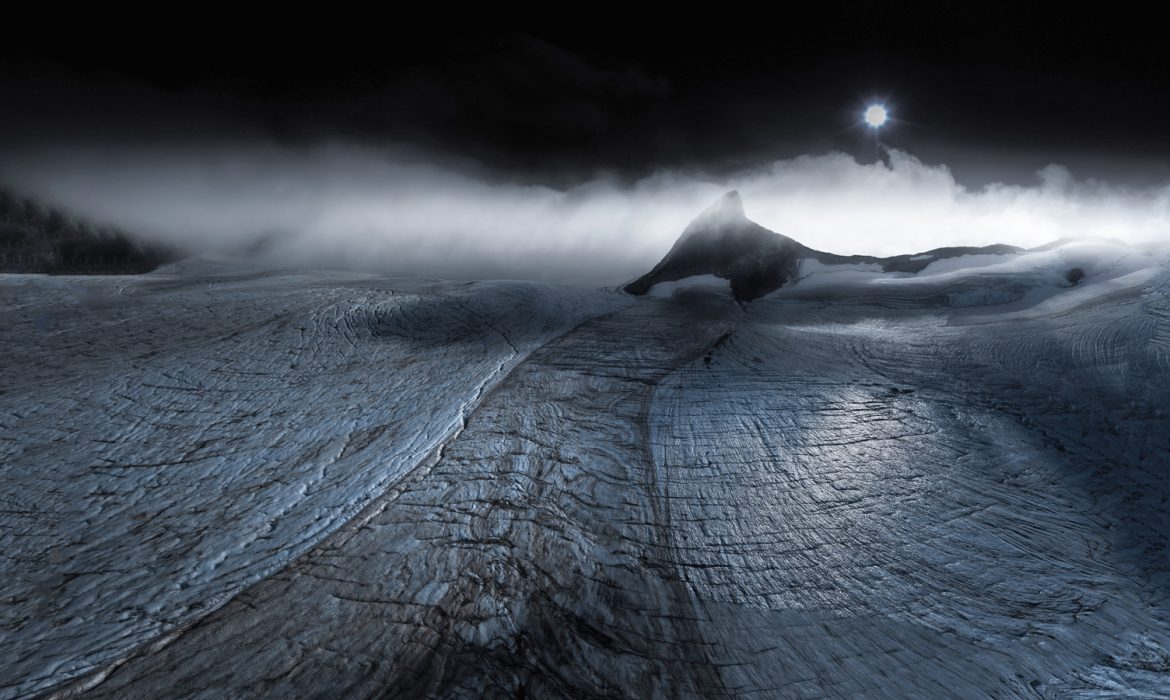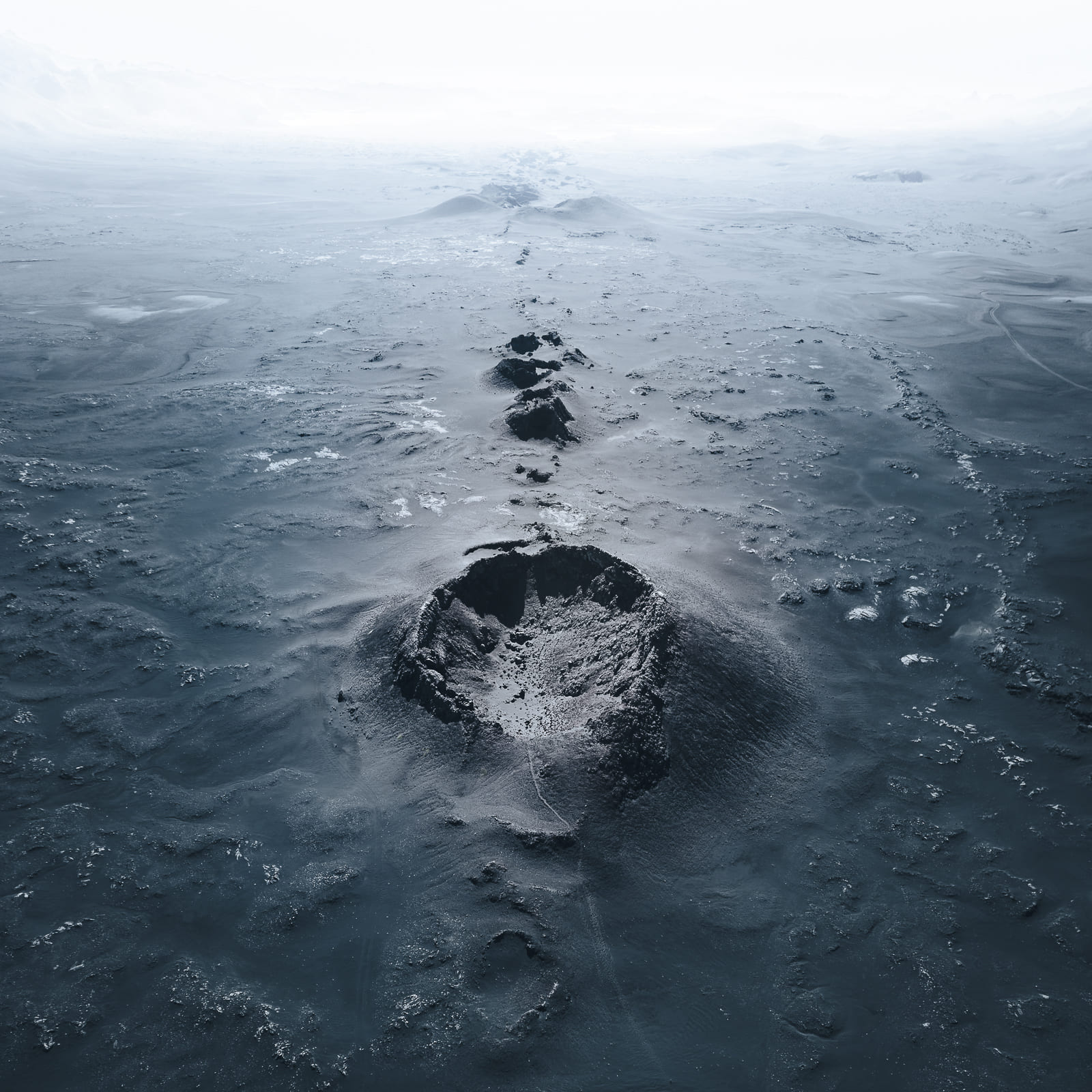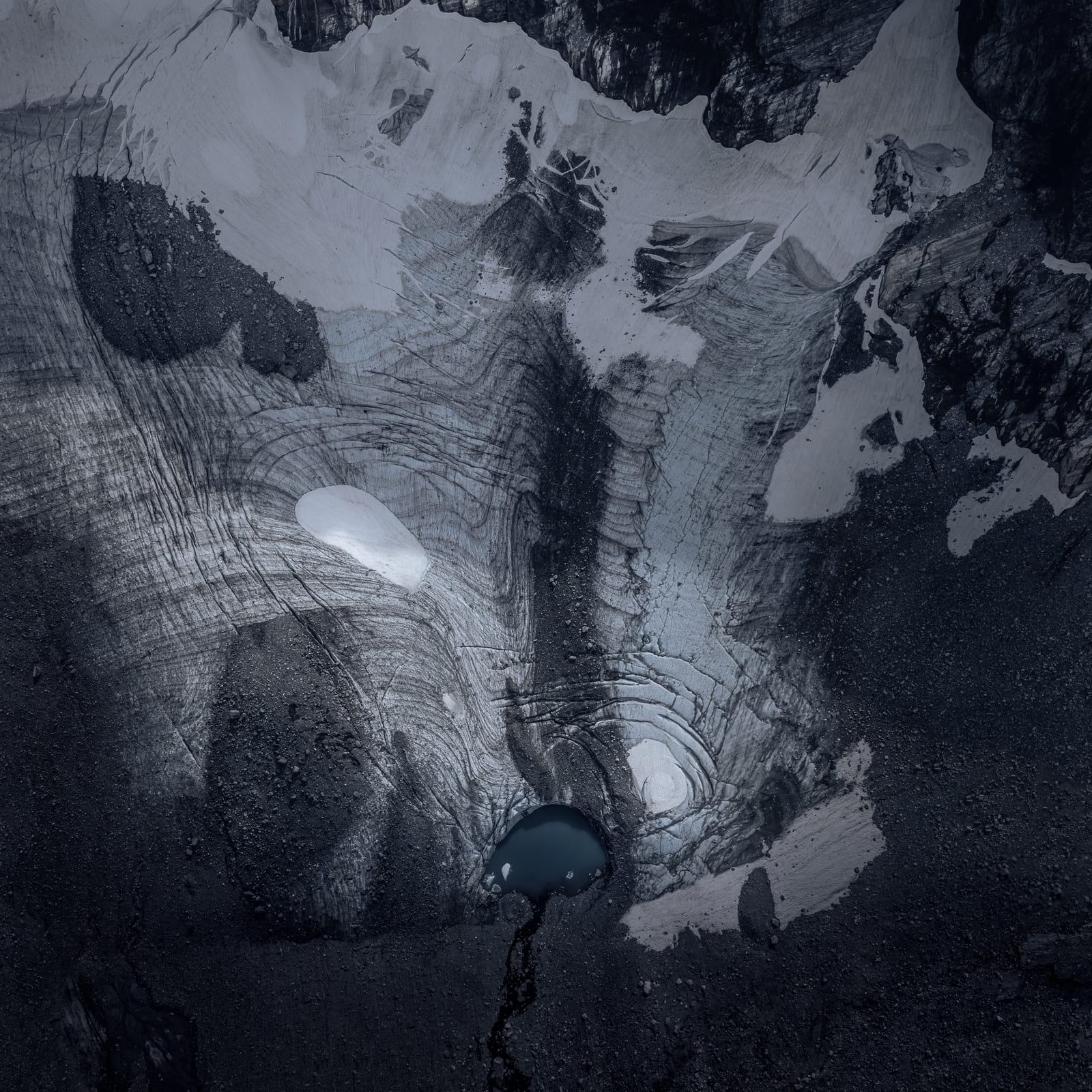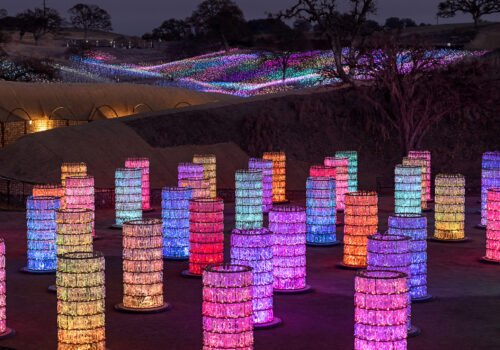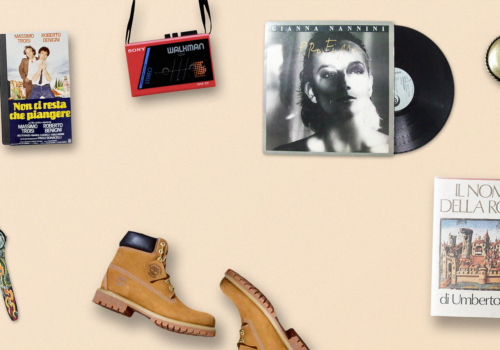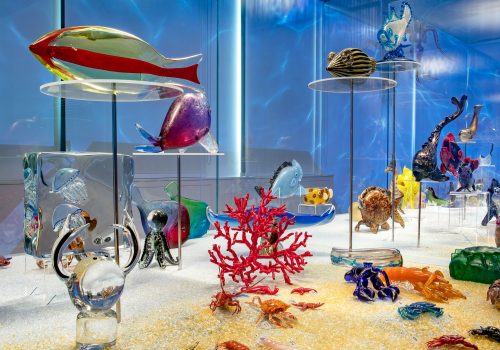The series Life on Earth talks about the wilderness from various points of view and interpretations
A primordial sun that rises between the mountains, to symbolise the karma prevailing on earth, «where every action entails an effect». A volcanic desert, bare and uninhabitable, in which life all but prospers for most of the year. Water – in its many different states and forms – is the seed of life, on which all living beings depend. This could be the start of a science-fiction novel set at the origins of our planet or a post-apocalyptic future. The trailer of a docufilm about Mother Earth and the fragile balance that sparked life, increasingly endangered by climate change. Or the ideal sequence of images for a reflection on the miracle of existence – between science and religion – from an artistic, visual and spiritual point of view.
The ten photographs from the series Life on Earth – taken by Lorenzo Poli, an Italian photographer born in 1976 in Rome, but now based in London (though always on the go) – can incarnate each of these “dimensions”, and more, or be interpreted from different perspectives, while transmitting a universal message about the «ethereal magic of nature and the mysterious beauty of a wild world, represented by a diversified series of landscapes».
These are the words of the motivation for the awards assigned to Poli by the jury of the prestigious Sony World Photography Awards 2022, a competition – now in its fifteenth year – open to both established artists and emerging young talents from around the world. Just this year, over 340,000 images from 211 territories were submitted, of which 156,000 in the “professionals” category: over 300 prints and hundreds of digital images from the winning and finalist photographers were on exhibit last month at the Somerset House in London.
The Italian photographer, who won the SWP Award in the “Landscape” category, has followed a very personal career path, which included over 15 years of activity as an engineer and architect in London and around the world, specialised in research and development in the field of architecture and in the implementation of sustainable strategies for projects by starchitects such as Jean Nouvel and Norman Foster. Since 2021 he has dedicated his work full-time to photography «as an instrument for creating consciousness by rediscovering the spiritual dimension of nature».
The architectural experience inevitably influences the way I visualise reality: the relationship between positive and negative space, the built and unbuilt, the search for an essential minimalist language.
Lorenzo Poli
Architectural production, however, is «defined today by parameters that are almost exclusively anthropocentric: architecture by man for man».
What «fascinates me about Nature, in particular when it is wild and uncontaminated – continues the photographer – is its capacity to self-organize and achieve balance, for the purpose of perpetuating life in all living species; all living species, indistinctly». In a world in which men are unequivocally the dominant species, he continues. «I am fascinated by uncontaminated spaces, where man has not yet arrived, where one can be immersed in that essential, primordial dimension of life. That place in which in the interior world and the exterior reality coincide with no distinction. When I feel that feeling of complete immersion into the natural order of things, I have the urge to take photographs, which the camera amplifies inside. The pictures are the result of an existential and emotional experience. And the possibility of sharing this “mystical” experience, with a printed copy or with coloured digital pixels on a screen, is a mysteriously magical phenomenon»·
A master of photography such as Henri Cartier Bresson calls it the ‘decisive moment’. Edward Burtinsky, on the contrary, describes the act of taking a picture as a ‘contemplated moment’.
As far as I am concerned the process that leads me to take a picture is very much like a process of enlightenment.
Lorenzo Poli
A sort of mystical moment of ‘revelation’ therefore, «that combines elements such as emotion and spirituality to make us feel part of a superior order. Each photograph seeks to illustrate this dimension of spiritual communion».
The series that won the World Photography Awards in fact tells a story: «The first photograph says that every action, every cause on Earth, has an effect. Just like the sun at sunrise allows its presence to be perceived through its rays in the valley, so each of our daily actions has a consequence on the environment around us. The second is about the initial state, the “zero” state, during the primordial generation of our planet: it focuses on a volcanic fault on a barren, lifeless surface. We then move on to the process of transformation, beginning with water, colonizing plants, to the fundamental role of the glaciers. There is an evolutionary connection that I try to construct between my photos, a billion-year process in time. The series ends with a consideration on our individual existence, marginal and ‘uninfluential’ when compared to the million-year processes of evolution in life on earth».
Last year Poli was the winner, among others, of the International Photography Awards (Ipa), and the Bifa. He is the photographer chosen to report on ‘Glacial wisdom’, a project in collaboration with the Norwegian water resources and energy directorate (NVE): a photographic documentation of the effects of climate change on Norwegian glaciers, to which he will return this year «to talk about the millenary wisdom that emerges on the surface of these immense masses of ice. A wisdom brought to light by the acceleration in the melting of glaciers caused by the increasing temperatures on the Planet, a wisdom that is slowly disappearing». Another work in progress focuses his lens on the destruction provoked in the Dolomites in 2018 by the Vaia tempest, which devastated entire valleys and uprooted millions of trees.
Cover photo: Glacial Kindom © Lorenzo Poli
Translated by: Olga Barmine
© ALL RIGHTS RESERVED


